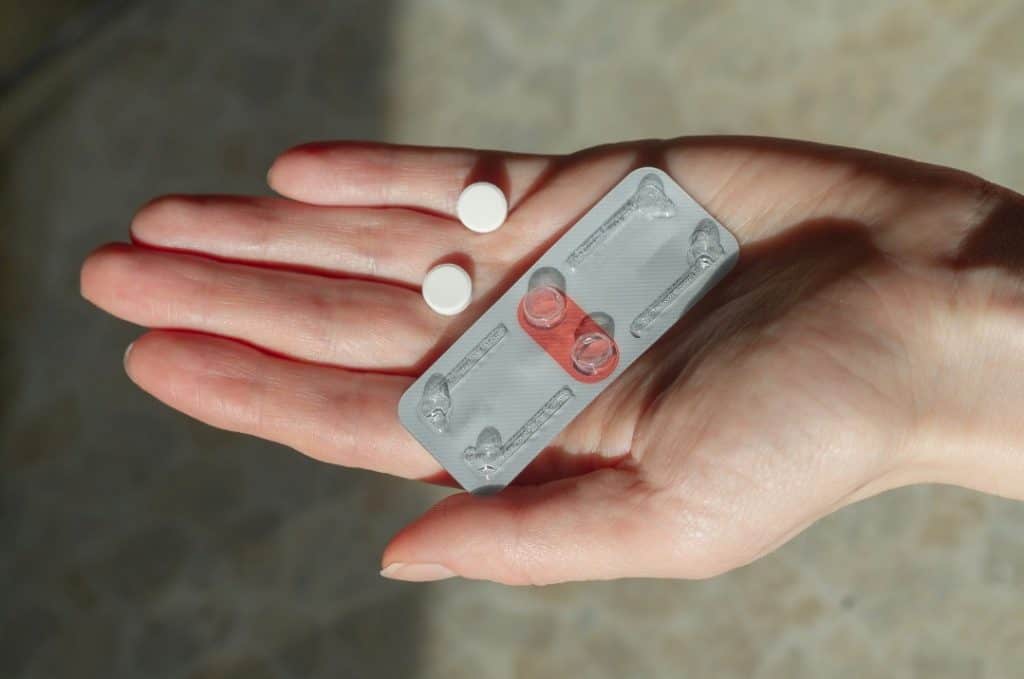1. What is emergency contraception?
Contraception refers to methods for birth control.
Emergency contraception is the way by which you can try to prevent pregnancy if you recently had relations by ipill or unwanted 72.
2. When can I use emergency contraception?
●if you had sex without using birth control measures
●if you missed taking your birth control pills
●if the condom slipped off or broke during sex
●if you have a problem with your birth control measure, for example, if your contraceptive vaginal ring fell out of the vagina.
You should know that emergency contraception lowers the risk of pregnancy. It does not end a pregnancy that has already started inside.
3. What are the different types of emergency contraception?
Basically, emergency contraception is of two types:
· Oral Pills – These include ipill / unwanted 72 / ulipristal acetate/birth control pills.
· IUD – IUD refers to the intrauterine device. It is inserted inside your uterus. There are 2 types of IUD: Copper containing (Commonly known as CuT) and hormonal (progestin-releasing).
4. Which emergency contraception should I opt for?
It is a personal decision. To help you choose, you need to think about:
●How easy it is to get – The IUD requires a visit to gynaecologist and a further procedure to insert it.
●How well it works to prevent pregnancy – The IUD is the most effective form of emergency contraception. Pills are effective but might be lesser effective when compared with IUDs.
●Whether you want ongoing birth control, and what type – The copper IUD ( CuT) can stay in your body and provide birth control for at least 10 years. The progestin-releasing IUD can stay in for up to 5 years.
· Then the other factors/criteria regarding your suitability for contraceptives are to be considered. For example, in case if you are nulligravida (you don’t have a baby), CuT might not be a suitable option for you. In nulligravida ladies, one might experience more pain with CuT.
5. How do I get emergency contraception?
If you want an IUD ( CuT), a gynecologist can put it in within 5 days of when you last had unprotected sex.
The IUD (CuT) works as emergency contraception and as well as serves ongoing contraception (birth control). It prevents pregnancy as long as it is the inside the uterus.
If you choose pills rather than an IUD, there are several different pills that can be used for emergency contraception. These include:
· ipill or unwanted 72: This contains levonorgestrel (progesterone). It can be used up to 72 hours (3 days) after unprotected sex but might work for up to 120 hours (5 days).
· Ulipristal – This pill can work up to 120 hours (5 days) after unprotected sex.
· Birth control pills – Regular birth control pills can also be used for emergency contraception. But, this does not work as well as the other methods and is more likely to cause nausea.
For emergency contraception, you have to take more than one birth control pill at a time (as advised by your gynecologist), and a second dose 12 hours after the first.
Talk to your gynaecologist to make sure you are taking the correct pills and dose.
6. How effective are emergency contraceptives?
IUD( CuT) is the most effective emergency contraception. It prevents more than 99 percent of pregnancies when properly inserted within 5 days of unprotected relations.
In case you have chosen pill / oral medicines, the effectiveness depends on factors like:
· How soon do you take the pills after relations
· What is the day of your menstrual cycle or Where you in the menstrual cycle ( whether the relations were in a fertile window or not )
· How much your weight
In general, the sooner you take them after unprotected sexual relations, the better they work.
When used within 72 hours/ 3 days of unprotected relations:
· Levonorgestrel / ipill / unwanted 72– After taking levonorgestrel, the risk of pregnancy ranges from 1 to 7 percent. This means that 1 to 7 out of 100 women who use this type of emergency contraception will get pregnant anyway.
· Ulipristal – After taking ulipristal, the risk of pregnancy is 1 to 2 %. This means that 1 to 2 ladies out of 100 who use this pill as emergency contraception will get pregnant anyway.
· Birth control pills – Taking a combination of oral contraceptive pills or birth control pills will lower the risk of pregnancy but it is lesser effective than other emergency contraceptives.
7. Unwanted 72 / ipill work for how many days?

Unwanted 72 or ipill works when taken within 72 hours of unprotected relations.
8. When will I get my period after ipill
What will happen to periods after the emergency contraceptive pill?
If you took ipill you may get early periods.
If you took ulipristal, don’t be surprised if your period gets a few days late. That’s normal.
But if you do not have a normal period within 2 weeks of expected menses, no matter which forms of emergency contraception you took, you should take a pregnancy test.
If emergency contraception did not work, and you are pregnant, talk to your doctor or nurse about your options and what to do next. If you are bleeding more than a normal period or have pain in your belly, you should also see a doctor or nurse.
9. ipill / unwanted 72 prices?
Depends on the brand you have chosen. It was less than Rs 150.
10. How many ipill should be taken in a month?
Ipill should be considered as an emergency contraceptive method only. For regular contraception, you should resort to other safer birth control methods.
Well, the above information has made your decision easier. And if you have been looking for a gynecologist in Chandigarh to take care of your health and wellness, then visit the one that we mentioned in the end. With 12 years of experience in male-female infertility, Obstetrics & Gynecology, Dr. Shikha Sardana best ladies doctor is known for performing advanced procedures with top-notch quality.
If you want to know whether and how she is able to do this so well in such a short period, just book an appointment with her today!

